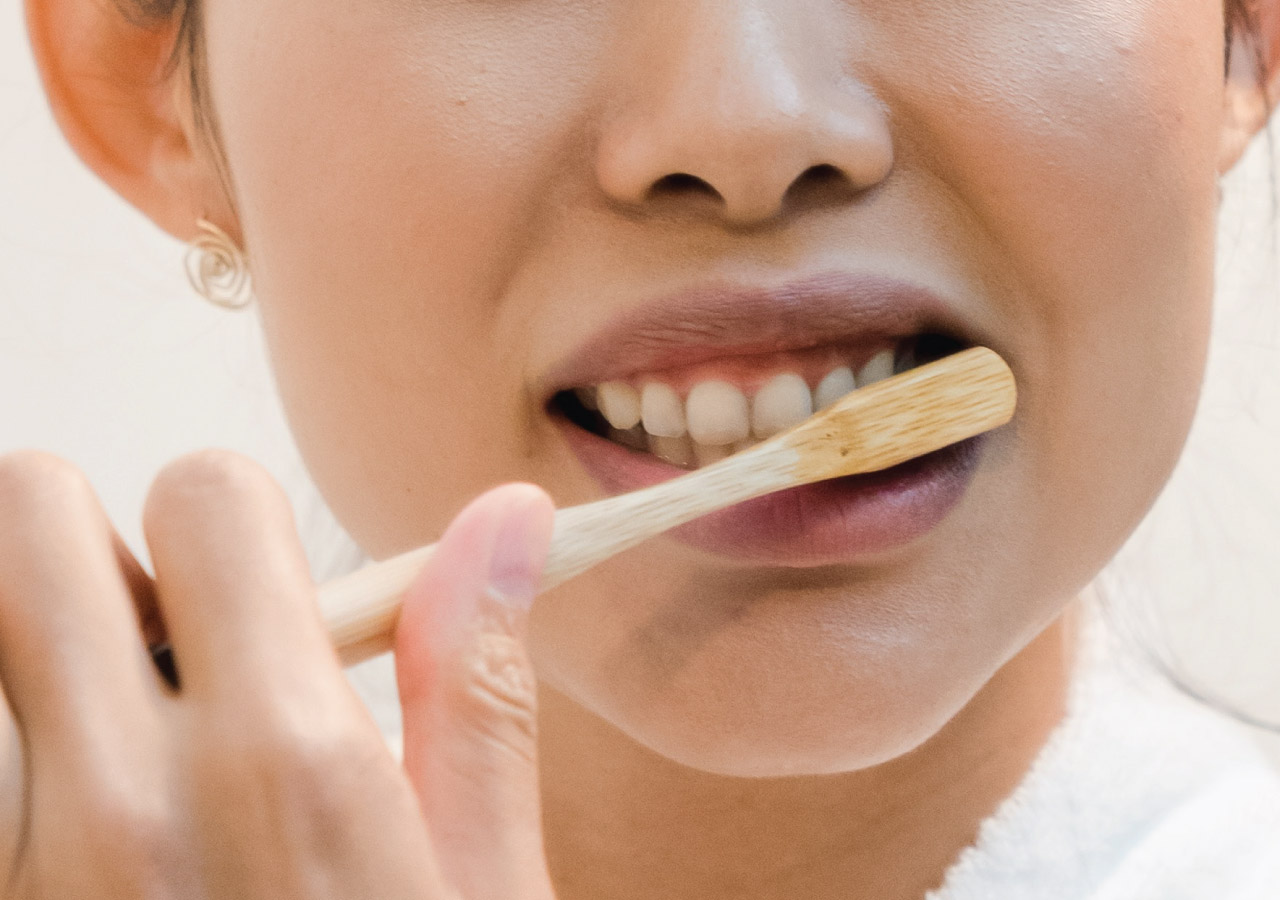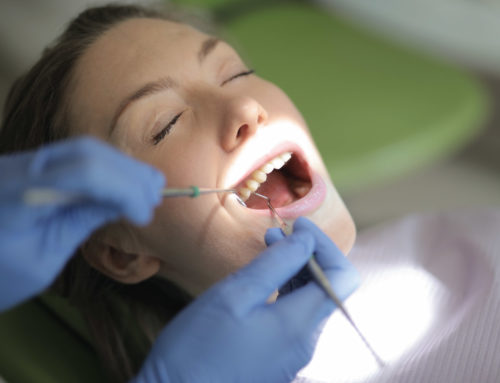Enamel erosion is the loss of tooth enamel, which is the hard, protective outer layer of the tooth. Enamel erosion can occur due to a variety of factors, including:
- Acidic foods and drinks: Consuming acidic foods and drinks, such as citrus fruits, sports drinks, and carbonated beverages, can erode tooth enamel over time.
- Gastroesophageal reflux disease (GERD): Gastric acid reflux, which is associated with GERD, can cause acid to flow back into the mouth and erode tooth enamel.
- Dry mouth: Saliva helps to neutralize acid in the mouth and protect tooth enamel. If the mouth is dry, there is less saliva to neutralize acid, increasing the risk of enamel erosion.
- Teeth grinding and clenching: Bruxism (grinding and clenching of the teeth) can wear down tooth enamel over time.
- Medications: Some medications, such as aspirin and antihistamines, can cause dry mouth, which can lead to enamel erosion. Learn more about how medications effect your teeth in our blog post 6 Effects of Medications on Oral Health.
Enamel erosion can make teeth more sensitive to hot and cold temperatures, more prone to decay and can also change the shape and color of the teeth. It can also affect the overall structure of the tooth, making it more likely to break or chip. If enamel erosion is left untreated, it can lead to more serious dental problems such as cavities and tooth loss. To prevent enamel erosion, it’s important to maintain good oral hygiene, limit acidic foods and drinks, and visit your dentist regularly.
How to Prevent Enamel Erosion
Enamel erosion is caused by the loss of tooth enamel due to acidic attack. The main causes of enamel erosion are:
- Acids in food and drink: Consuming acidic foods and drinks, such as citrus fruits, sports drinks, and carbonated beverages, can erode tooth enamel over time.
- Gastroesophageal reflux disease (GERD): Gastric acid reflux associated with GERD can cause acid to flow back into the mouth and erode tooth enamel.
- Dry mouth: Saliva helps to neutralize acid in the mouth and protect tooth enamel. If the mouth is dry, there is less saliva to neutralize acid, increasing the risk of enamel erosion.
- Teeth grinding and clenching: Bruxism (grinding and clenching of the teeth) can wear down tooth enamel over time. Learn more about Bruxism in our blog post What is Bruxism.
- Medications: Some medications, such as aspirin and antihistamines, can cause dry mouth, which can lead to enamel erosion.
- Environmental factors: Exposure to acid in the environment can also erode tooth enamel, such as swimming in pools with high levels of chlorine.
- Genetics: Some people may have a genetic predisposition to enamel erosion, making their teeth more susceptible to acid erosion.
It’s important to note that enamel erosion can be a gradual process and the symptoms may not be immediately obvious. It’s important to maintain good oral hygiene and visit your dentist regularly to detect and prevent enamel erosion. Identifying the cause of enamel erosion and making changes to your lifestyle and oral hygiene routine can help to prevent further damage.



